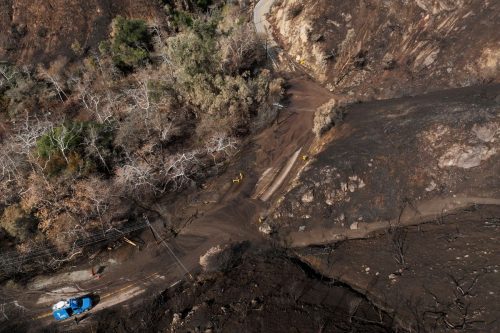Climate Crisis Showdown: California's Bold Plan to Hold Big Oil Accountable for Disaster Damages

In a groundbreaking move, California is poised to take on the fossil fuel industry with a bold new legislative proposal that could dramatically reshape how climate change damages are addressed. The proposed bill would empower both insurance companies and victims of devastating natural disasters to seek legal recourse against oil companies for their role in climate-related destruction.
This innovative legislation comes on the heels of increasingly severe wildfires, floods, and other extreme weather events that have ravaged California in recent years. By allowing direct legal action against major oil producers, the bill aims to hold these corporations accountable for their long-standing contributions to global climate change.
The proposed law would create a unprecedented legal pathway for those most impacted by climate-driven disasters to recover financial losses. Insurance companies, which have paid out billions in claims for climate-related damage, would gain a powerful tool to recoup their massive expenditures from the industry most responsible for greenhouse gas emissions.
As California continues to be at the forefront of climate policy, this bill represents a potentially transformative approach to addressing the economic toll of environmental destruction. It signals a growing willingness to challenge fossil fuel companies through legal means and seek meaningful compensation for the devastating impacts of climate change.

